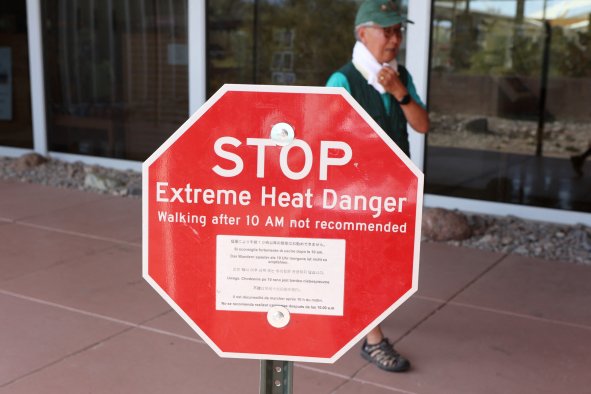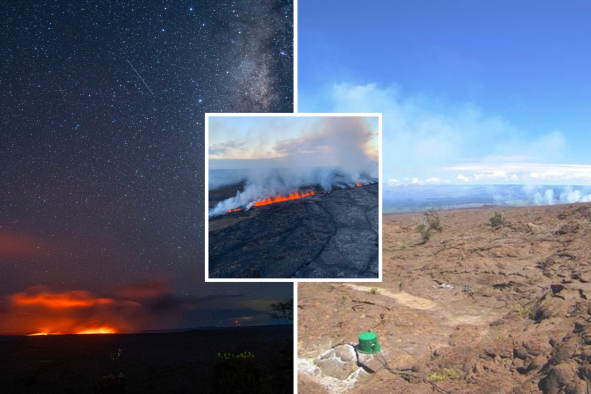Three soft drink products that were recalled by the Food and Drug Administration (FDA) for containing undeclared ingredients have now been classified by their risk level.
The soft drinks are all produced by Charles Boggini Company and include their Pink Lemonade, Cola Flavoring Base, and Yellow Lemonade and Yellow Lemonade X, all of which were recalled in their one and five-gallon forms.
All three recalls were voluntary and initiated by the firm at the end of March this year, but were classified by their level of health hazard on June 3.
The recalls include 28 gallons of the pink lemonade, 2,723 gallons of the cola flavoring base, and 112 gallons of the yellow lemonade and yellow lemonade X.
The Charles Boggini Pink Lemonade and the Charles Boggini Company Cola Flavoring Base were classified as Class II health hazards, while the Charles Boggini Company Yellow Lemonade and Yellow Lemonade X products received a Class III health hazard.
The FDA considers several factors when classifying the health hazard of recalled products, including whether the product has already caused illness or injury, and risk of any future impacts on health.
Class I classifications are the most severe form of recall, as it means that the product has a reasonable chance of causing "serious adverse health consequences or death," according to the FDA. Class II is granted when "use of, or exposure to, a violative product may cause temporary or medically reversible adverse health consequences or where the probability of serious adverse health consequences is remote," while Class III is given when "use of, or exposure to, a violative product is not likely to cause adverse health consequences."
The Pink Lemonade product was recalled due to containing undeclared FD&C Red No. 40, the Cola Flavoring Base contained undeclared sulfites, and the Yellow Lemonade and Yellow Lemonade X contained undeclared FD&C Yellow No. 5.
FD&C Red 40, or E129, is a red dye that is used worldwide in a vast number of products, including cosmetics, drugs, and food. While the Environmental Protection Agency (EPA), Food and Agriculture Organization and World Health Organization all agree that dietary exposure to this dye is not a health concern, some studies have found links to allergies, migraines, and mental disorders like ADHD in children. The FDA requires that this dye be declared when used as an ingredient, with products being recalled if it is not.
Sulfites are salts that are often used in food products as preservatives. The FDA requires that sulfites be declared when present in food products at a level over 10 ppm. Some people have sensitivity to sulfites, leading to skin reactions, digestive problems such as abdominal pain or diarrhea, or respiratory issues.
FD&C Yellow No. 5, also known as tartrazine or E102, is a synthetic food dye used in soda, colored candy, and pastries like Twinkies. This dye may lead to allergic and intolerance reactions in asthmatics or people with an aspirin intolerance.
Do you have a tip on a science story that Newsweek should be covering? Do you have a question about allergies? Let us know via science@newsweek.com.
Disclaimer: The copyright of this article belongs to the original author. Reposting this article is solely for the purpose of information dissemination and does not constitute any investment advice. If there is any infringement, please contact us immediately. We will make corrections or deletions as necessary. Thank you.



